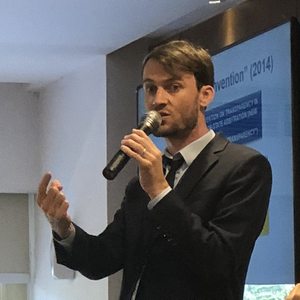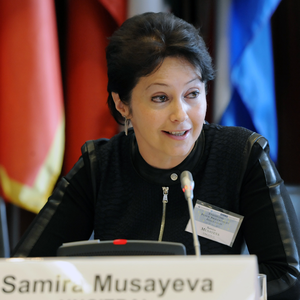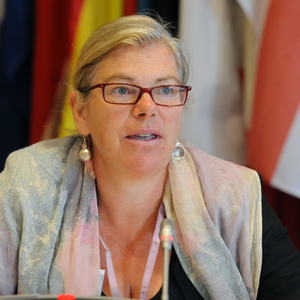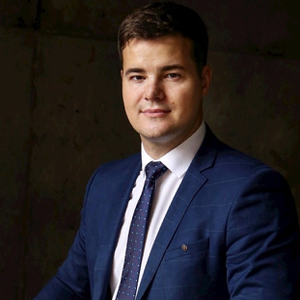Event Details
The growing need for developing new and streamlining the operation of existing public infrastructure in Ukraine has contributed to the increasing relevancy of private sector involvement including private funding. This combined with insufficient public financing, limits public capacity to develop and modernise infrastructure (including but not limited to ports, utilities and roads) and inadequate legal framework has strengthened the political determination to introduce effective mechanisms to attract private sector participation and investment in the country.
In 2016, the EBRD launched a technical cooperation project, initially focusing on the development of the concessions policy paper and the draft of the new concessions law in Ukraine (the "Concessions Law"). As a result, on the basis of the concessions policy paper elaborated by the project team, in January 2017 the Government approved the concept for concessions legal framework development, which is a reduced version of the policy paper produced by the project team. The new Concessions Law was adopted by the Parliament on October 3rd 2019.
The adoption of the new Concessions Law is a significant step towards developing a comprehensive concessions legal framework in Ukraine. However, its adequate functioning is only possible if corresponding amendments are made to primary and secondary legislation, including other laws that also apply to concession projects. Further, the new concession legislation requires development of a range of secondary regulatory documents specifying provisions of the Law and enabling its implementation. A large share of such secondary regulations, guidelines, methodologies and technical tools need to be created anew, building up on best international standards and practices, as no previous relevant practice and regulation exist in Ukraine.
Novelties introduced by the Concessions Law include a requirement to carry out private party selection process for concessions through an "electronic trading system" (ETS), defined by the Law as a "two-level ICT system which includes a centralized database and e-platforms which interact with the interface through web application interface of this database". ETS enables creation, placement, publication and exchange of information electronically, carrying out concession selection and competitive dialogue, as well as publication of documents in the procedure of direct selection of the concessionaire in case of lease-to-concession transformation. The Law stipulates that ETS system shall start operation following its launch and development, sets the deadline of September 1 st 2021 for such launch.
Ukraine has strong experience in development and implementation (with respective support from EBRD) of the electronic public procurement system ProZorro. It is envisaged that the electronic module for concessions will become an extension to the existing system and will build up on the relevant technical solutions already in place.
At the present moment, no ETS or even a prototype for concessions exist in practice in Ukraine. Despite strong expertise of ProZorro system in respect to electronic public procurement procedures, it is important to note, that selection of a private partner in the concession is conceptually more complex compared to standard public procurement. The selection process needs to provide for multi-criteria multi-stage selection, including complex pre-qualification of candidates and multi-criteria awarding in respect to technical, financing and commercial offers submitted for bidding. Further, the qualification of candidates in concession selections are complicated by the fact of frequent participation of international consortia.
Implementation of provisions of the Law in respect to the ETS therefore requires defining a business process, evaluation methodologies underpinning relevant data structures and algorithms in order to develop a new electronic procurement module enabling online evaluation using electronic reverse auction. Business and data design need to be completed prior to drafting of secondary legislation on the e-procurement for concessions, in order to create a detailed regulatory basis for operation of the ETS. Upon completing of methodological and legislative work, development of a prototype of the new e-procurement module would commence, followed by a pilot of the new tool with selected Implementing Authorities.
The purpose of the Online Technical Workshop is to present the concept of the ETS and to discuss the most outstanding issues which were identified during the development of the concept for the ETS.












